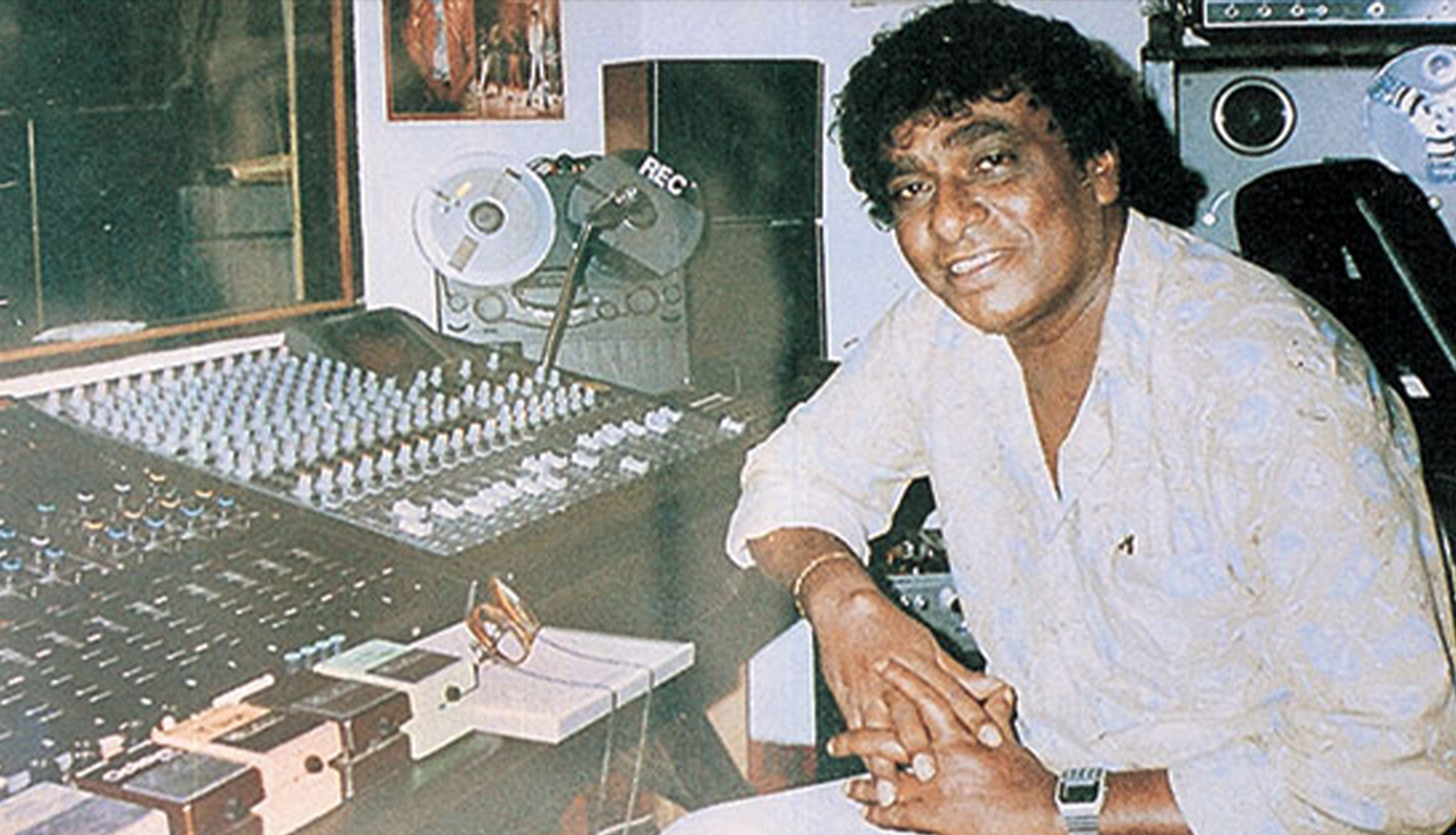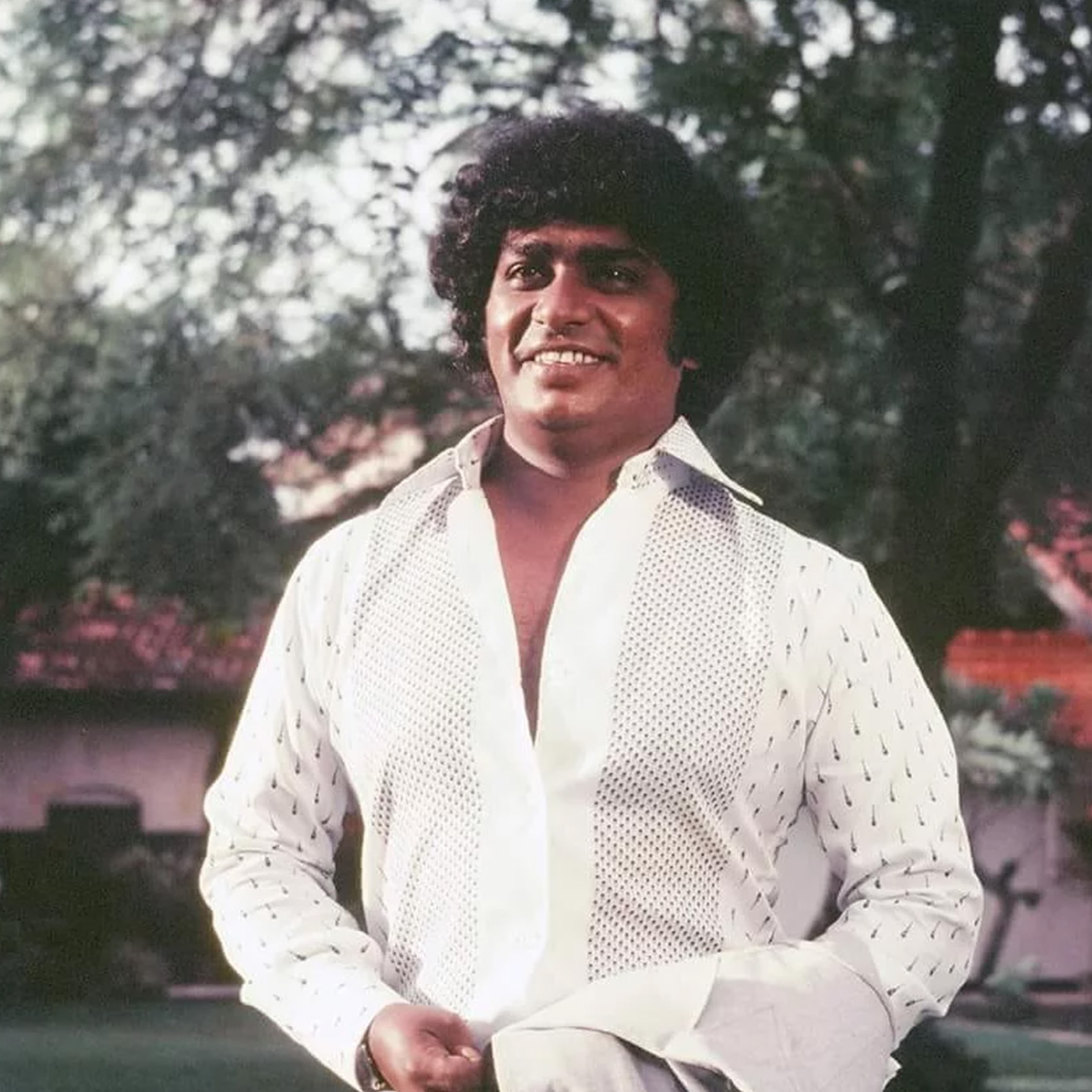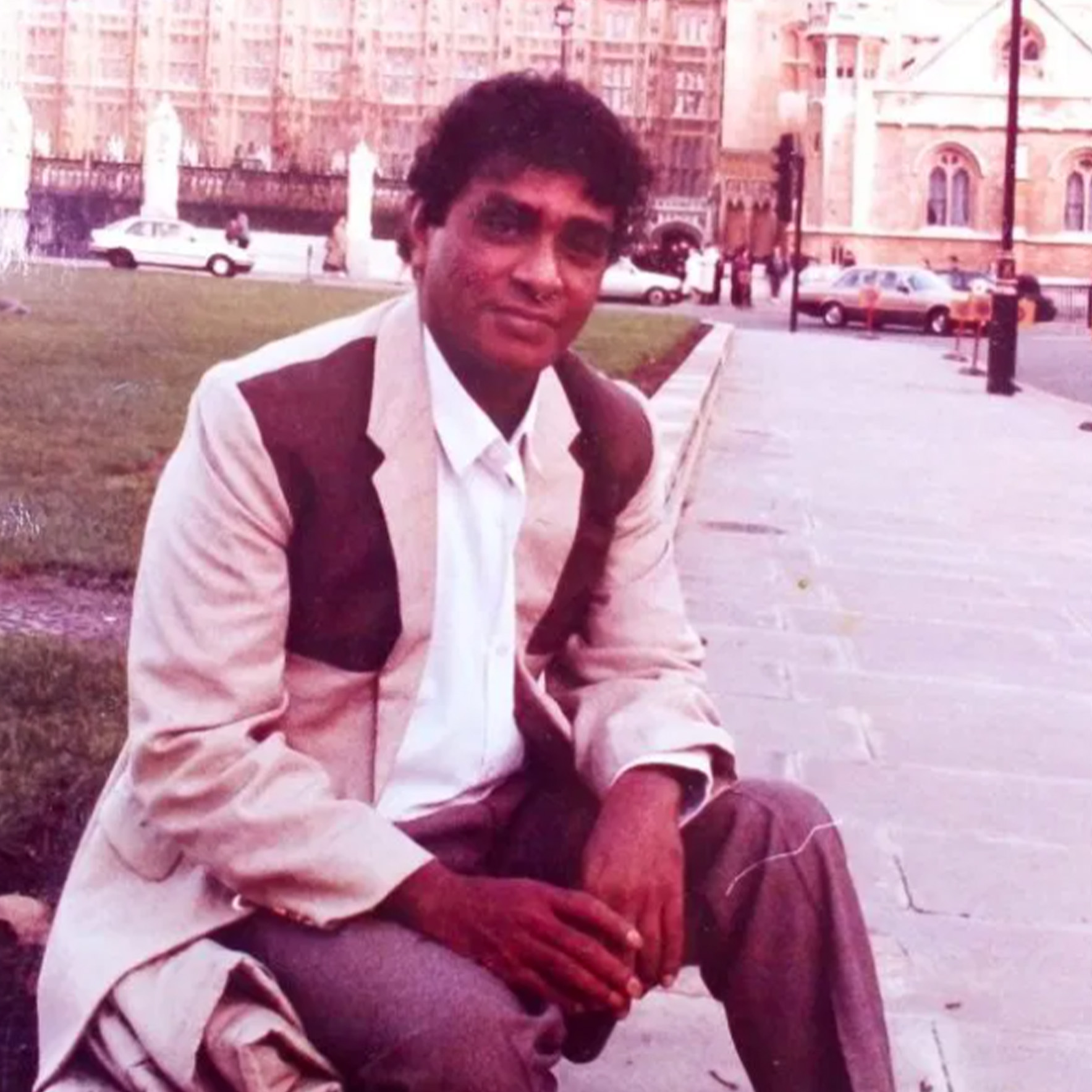
Hailed as the "King of Lankan Pop," Clarence Wijewardena was a visionary who reshaped Sri Lanka’s musical landscape. Born on August 3, 1943, in Haputale, Clarence discovered his passion for music at an early age, mastering the guitar and drawing inspiration from Western rock and pop. This fusion of influences laid the foundation for his pioneering style, blending contemporary sounds with Sri Lankan cultural roots to create a truly unique musical identity.
A melody speaks louder than words, softly whispering the dreams, emotions, and aspirations of a nation, carrying its cultural essence and uniting people through a universal language that transcends time and boundaries Clarence Wijewardena
n the 1960s, Clarence co-founded The Moonstones with Annesley Malewana, catapulting his career with their groundbreaking hit “Mango Nanda.” This track heralded the dawn of Sinhala pop, combining Sinhala lyrics with modern Western instrumentation in a way that resonated with audiences islandwide. His compositions, including “Piyaneni,” “Gamen Liyumak,” and “Sandakath Pini Diya,” showcased his genius for blending poetic depth with innovative arrangements, making his music both relatable and emotionally impactful.
Clarence’s contributions went beyond performance, as he popularized the electric guitar in Sinhala music, creating a signature sound that appealed to the youth while preserving cultural authenticity. His ability to harmonize tradition with modernity cemented his legacy as more than just an artist; he was a trailblazer whose influence endures in Sri Lankan music, inspiring generations to follow in his melodic footsteps.


After leaving The Moonstones, Clarence Wijewardena formed The Golden Chimes, further cementing his place as a musical icon. With hits like “Kimada Nawe,” “Malata Bambareku Se,” and “Rosa Male,” Clarence demonstrated his versatility as a composer and lyricist, capturing the hearts of fans from all walks of life. His music, known for its simplicity and emotional depth, produced timeless anthems like “Upul Nuwan Viduliya” and “Geeyakin Kese,” songs that spoke of love, loss, and longing, solidifying his reputation as one of Sri Lanka’s most beloved artists.
Despite his untimely passing in 1996, Clarence's influence continues to endure. His contributions laid the foundation for generations of musicians, earning him the title of the father of modern Sinhala pop music. Through his melodies and lyrics, Clarence Wijewardena harmonized the hearts of Sri Lankans, transcending time and inspiring an enduring connection to the music of the soul.
Your email address will not be published. Required fields are marked *